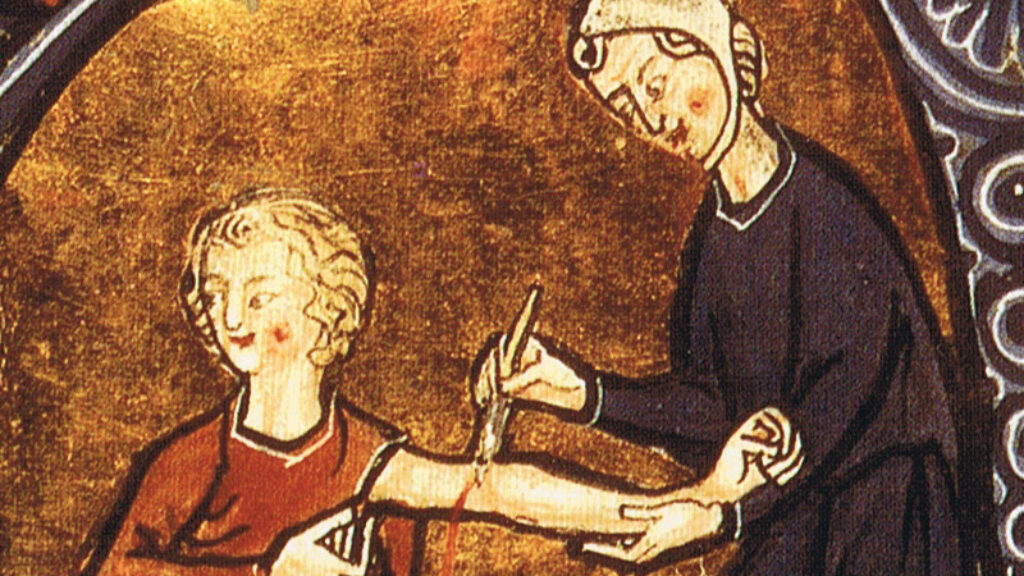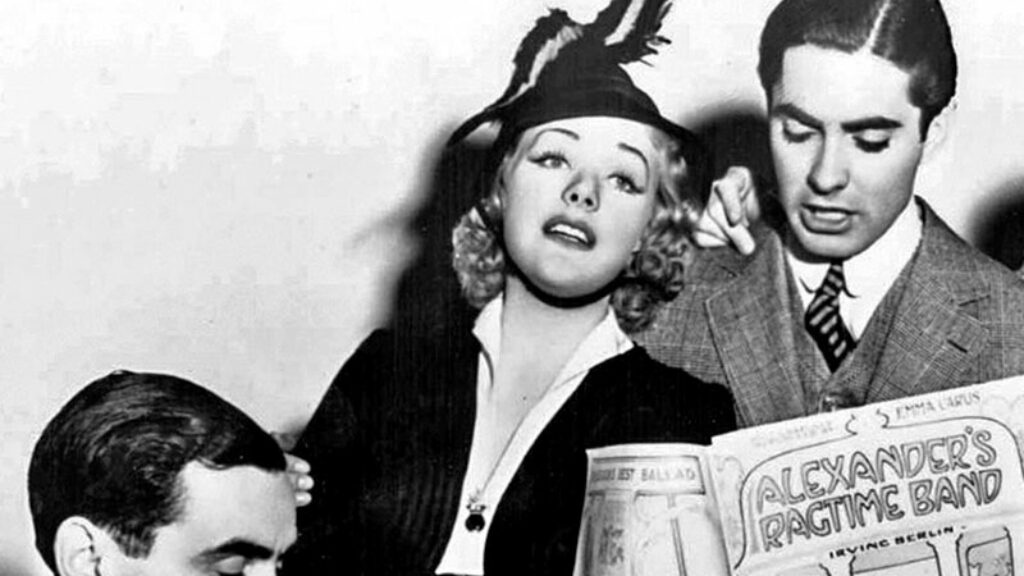Jewish Acculturation in America: A Symposium
In response to Allan Arkush’s summer 2018 cover article on Jews in the American melting pot, an impassioned and unsparing assessment of the future of American Jewry, four leading thinkers weigh in:
- Jack Wertheimer—whose book, The New American Judaism (Princeton, 2018), was the occasion for Arkush’s essay—furnishes the first reply, arguing that Jewish assimilation is not an inexorable process.
- David Biale, a distinguished UC Davis professor of Jewish history, revisits his own provocative 1998 essay, at which Arkush took aim.
- Edieal Pinker, a Yale professor of operations research (and deputy dean in its School of Management) offers a fresh statistical analysis of the 2013 Pew study of the U.S. Jewish community.
- Erica Brown, an award-winning educator and author of 12 books on Bible, Jewish leadership, and more writes: “On the bottom of the pot live Jewish clichés, nostalgia, kitchy-ness, and an uninformed Jewish pride.”
Finally, Allan Arkush responds to his critics.
Comments
You must log in to comment Log In
Suggested Reading

No Balm
A new book on talmudic medicine illustrates the ills of modern academia, argues Shai Secunda.

History—and Israel—from the Outside In
Chaim Weizmann's outsider view of the Yishuv often led to conflict with the Zionist leaders based in British Mandatory Palestine. But it was precisely that perspective that present-day historians (and arguably Israelis) would do well to recover.
Underground Man: The Curious Case of Mark Zborowski and the Writing of a Modern Jewish Classic
Life is with People is perhaps the most well-known work of shtetl nostalgia. But how should it be read in light of its author's bloody career as one of Stalin's best spies?

Nothing but Blue Skies
Irving Berlin was generating Tin Pan Alley hits before Ronald Reagan was born and was still writing lyrics when the elderly Reagan occupied the White House.
David Rosenberg
Dear Erica, You end with the prescription “to fill them with joy.” I would change “joy” to “history”. Curiously in your piece the word doesn’t appear. Many decades ago, we thought secular youth were disinterested in Judaism because spirituality had been diluted. Or else, practice diluted with contemporary relevance, to be found in Buddhist meditation etc. Perhaps more singing would help, perhaps more musical accompaniment. But none of these satisfies the thirst for missing history—a hunger often repressed by fear that the tragic in history will turn the wavering soul off. For this reason, perhaps, it’s also disconcerting that the word Holocaust also does not appear in your piece. Yes, there is hardly much joy associated with it, but there is history, deep history, as even in the Hebrew word Shoah. Perhaps there is value in “filling them with history,” and thereby awakening even a thirst for Hebrew. Of course, I’ve tried to do this in recent books and seem to have failed. You could say the same for David Grossman, whose Booker-winning novel you review so well in an earlier issue. Most of its readers in English translation may identify with its hard theme of loss—but I‘d guess that few of those realize their thirsting for the history behind it, especially the Jewish history.